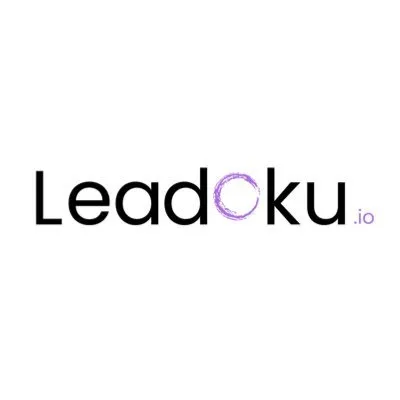Leadoku is a leading platform for streamlining lead generation and management processes through advanced analytics and automation.
Transform your lead management with AI Agents that can intelligently qualify and engage prospects.


Leadoku excels at lead scoring and management through data analytics. Relevance AI enhances this with intelligent AI Agents that can automatically qualify, engage, and nurture leads at scale.
Intelligent Lead Prioritization
The agent can analyze lead data to prioritize outreach based on conversion potential.
Dynamic Engagement Strategies
Utilizes real-time insights to tailor interactions, enhancing customer relationships.
Automated Qualification Processes
Streamlines lead qualification by assessing criteria automatically, saving valuable time.
Relevance AI gives you access to Leadoku's lead management capabilities within your AI-powered workflows.
What you’ll need
You don't need to be a developer to set up this integration. Follow this simple guide to get started:
- A Leadoku account
- A Relevance AI account with access to your project settings
- Authorization (you'll connect securely using OAuth—no sensitive info stored manually)
Security & Reliability
The integration leverages secure OAuth authentication, ensuring only authorized workflows access your Leadoku data. Relevance AI manages API operations seamlessly in the background while handling request validation, response formatting, and proper authentication headers.
Built-in error handling and data transformation ensure reliable execution across all supported HTTP methods.
No training on your data
Your data remains private and is never utilized for model training purposes.
Security first
We never store anything we don’t need to. The inputs or outputs of your tools are never stored.

To get the most out of the 0CodeKit + Relevance AI integration without writing code:
- Start with a clear setup: Ensure your 0CodeKit account is properly configured with the necessary OAuth credentials and permissions.
- Utilize example code: Leverage the provided code snippets for PDF compression and barcode reading to jumpstart your integration.
- Validate inputs: Always check your input parameters for correctness before making API calls to avoid unnecessary errors.
- Test with sample data: Run your automations using test PDFs and images to ensure everything works smoothly before going live.
- Monitor API usage: Keep an eye on your API calls to avoid hitting rate limits, and implement caching where appropriate.









